
Factory farming conditions and antibiotic-resistant pathogens emerging as a result of them pose an existential threat to humans in the form of zoonotic diseases. Why it’s time to produce and consume food more thoughtfully.
Producing healthy food by working in harmony with the environment is possible. Greenpeace says how to do it in the report “Ecological Farming: the seven principles of a food system that has people at its heart”.
The idea of a farming method respectful of the environment and the people who work within it is often unfairly linked to obsolete and less productive – almost anachronistic – farming systems. On the contrary, the solutions described in the report published by Greenpeace International, “Ecological Farming: the seven principles of a food system that has people at its heart”, is based on scientific innovations through which it is possible to produce healthy foods with respect for the land, air, water and farmers’ health and rights.
“The future of Europe’s agriculture lies in the hands of ecological farmers and their families who are doing a crucial job for our society and need to get the urgently needed support to carry on. Politicians must act and shift subsidies towards ecological farming practices to meet people and farmers’ demand for healthy food and healthy farming”, stated Federica Ferrario, the leader of Greenpeace Italy’s campaign for sustainable agriculture.
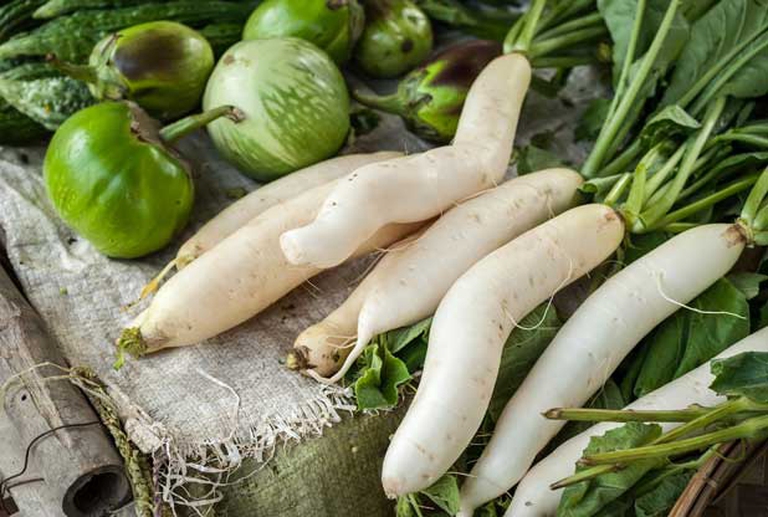
The environmental association is cooperating with farmers and rural communities to demonstrate the practical implementation of its principles. In Greece, for example, it is supporting farmers who cultivate local proteins plants for feed instead of imported GMO soy. All farmers who participated in this project confirmed that ecological farming practices, without using chemical inputs, fertilizers or artificial irrigation have increased their income and their production. In Hungary, the small village of Hernádszentandrás, has been revitalised thanks to organic agriculture. In Italy, new action to protect pollinators, which are essential for farming productivity, ecosystem balance and biodiversity has been taken.
Greenpeace, through the online platform IKnowWhoGrewIt highlights the failures of the industrial agriculture and encourages governments to go for sustainable agriculture and give up the broken food system we have now.
Here are the seven principles for sustainable agriculture listed in Greenpeace’s report:
1. Supply chain
Ecological Farming supports a world where producers and consumers, not corporations, control the food chain.
2. Food sovereignty
Sustainable agriculture contributes to rural development and fighting poverty and hunger, by enabling livelihoods in rural communities that are safe, healthy, and economically viable.
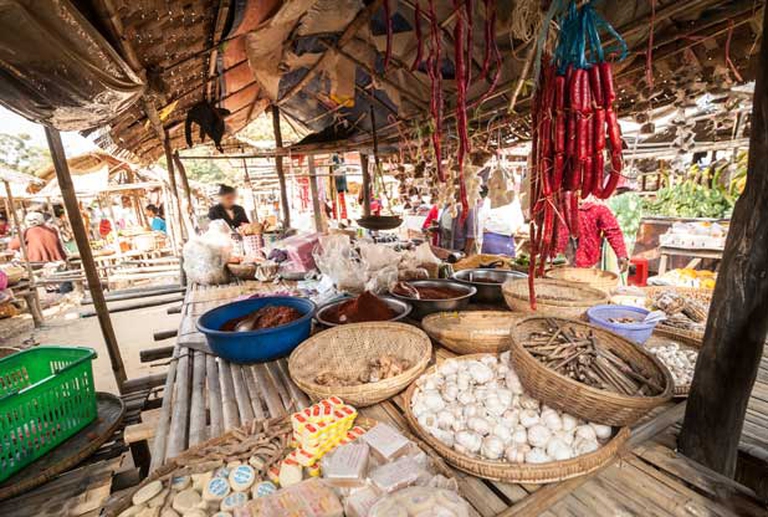
3. Food production and consumption
Smarter food production and consumption are possible today without impacts on the environment and health to ensure food safety and fight food waste. We must decrease meat consumption, and minimise the use of land for bioenergy. We must also achieve higher yields where they are needed – through ecological means.
4. Biodiversity
Ecological Farming promotes nature’s diversity during all steps of the supply chain, from the seed to the plate through different actions, from seed production to consumption education.
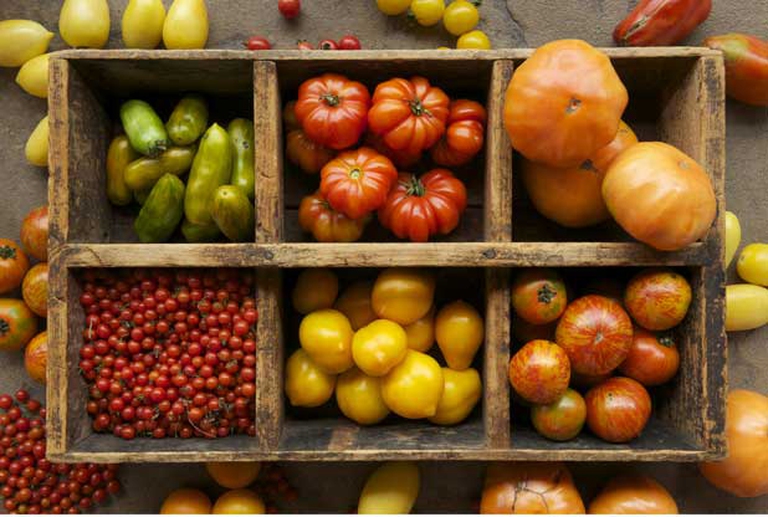
5. Soil fertility
Ecological Farming protects and increases soil fertility, by promoting suitable farming practices and eliminating those that consume and contaminate the soil.
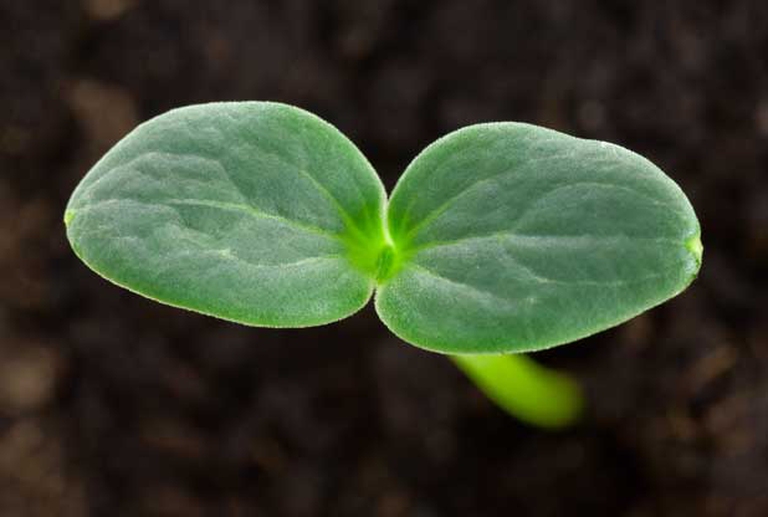
6. Ecological pest management
Ecological Farming enables farmers to control pests and weeds – without the use of expensive chemical pesticides that can harm our soil, water and ecosystems, and the health of farmers and consumers.
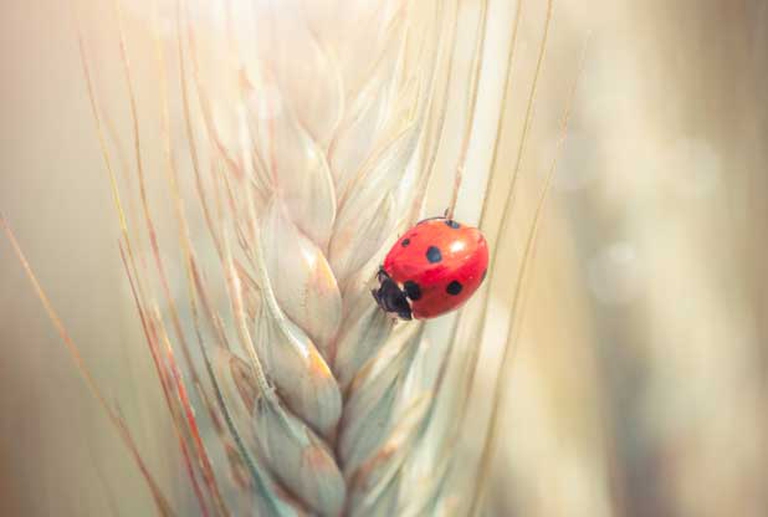
7. Strengthen agriculture
Ecological Farming strengthens our agriculture, and effectively adapts our food system to changing climatic conditions and economic realities.
Siamo anche su WhatsApp. Segui il canale ufficiale LifeGate per restare aggiornata, aggiornato sulle ultime notizie e sulle nostre attività.
![]()
Quest'opera è distribuita con Licenza Creative Commons Attribuzione - Non commerciale - Non opere derivate 4.0 Internazionale.
Factory farming conditions and antibiotic-resistant pathogens emerging as a result of them pose an existential threat to humans in the form of zoonotic diseases. Why it’s time to produce and consume food more thoughtfully.
The world of cinema recognises the link between food choices and the climate crisis by offering vegan menus for awards season events, including at the most important of them all: the Oscars.
From 15 October in Milan there will be a photographic exhibition featuring a selection of twenty pictures taken by Peter Canton that show that it’s possible to grow (and eat) crops without polluting.
Let’s look at the reasons behind the growth of veganism in India, as a small yet vocal section of the population turns towards this diet and lifestyle in the largest milk producing country in the world.
by Jeffrey Y. Campbell, Manager of the Forest and Farm Facility at FAO In the Ecuadorian Amazon, Kichwa farmers grow dozens of products on tiny parcels of land. Their lands hum with biodiversity, yielding nutritious foods that have sustained families for generations. Wandering among fruit and nut trees and crops, these indigenous agroforesters fill their baskets
Mint has many health benefits, but in food it’s often accompanied by artificial green colourings. Instead, Galatea has created a green mint ice cream in a completely natural way.
We’re talking about Galatea, a company that produces semi-finished products for artisanal ice creams using high quality ingredients, natural colouring, excluding thickeners and hydrogenated fats, respecting the environment and supporting the less fortunate.
The mad rush to fake food, like fake meat made with genetically-modified soy, ignores the importance of the diversity of our foods and culinary cultures. It’s a recipe to accelerate the destruction of the Planet and our health.
Like with all foods, the quality of an ice cream can be discerned by reading its label. An expert explains how to do this, and tells us how their company steers clear of chemicals, using only natural ingredients to produce an excellent and “free” ice cream.







